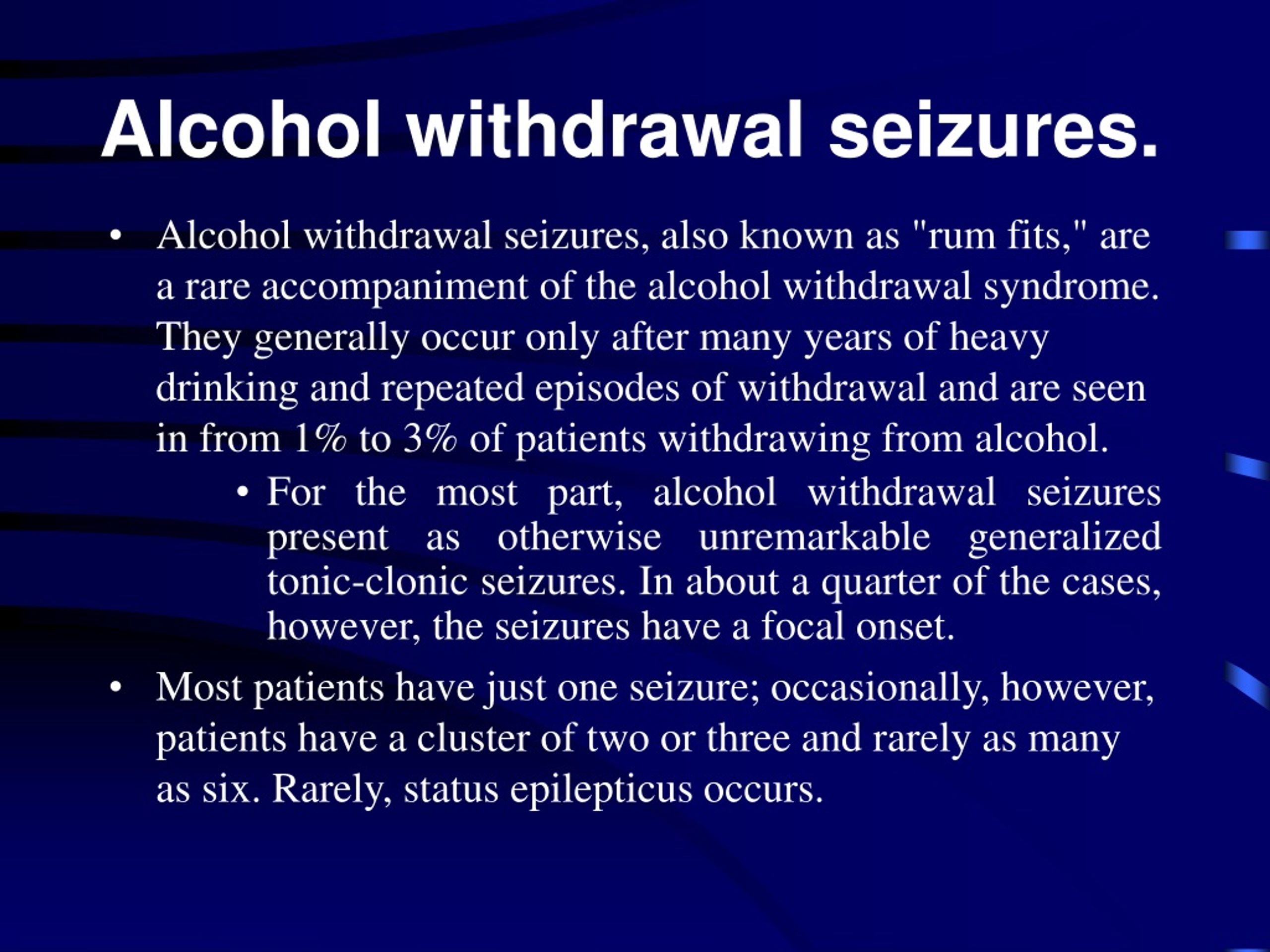

Research has shown that special diets can help reduce seizures in some children and adults with epilepsy. Heart rhythm changes can also cause sudden death in people who do not have seizures, but it’s much more common in people with poorly controlled epilepsy. The causes of SUDEP are not completely known, but experts believe it may result from changes in breathing or heart rate during a seizure. SUDEP: It’s rare, but sudden unexpected death in epilepsy (SUDEP) can occur, especially in people who have uncontrolled seizures.Don’t stop taking your medication without talking with your doctor, as this can increase the risk of status epilepticus. It is a life-threatening medical emergency. Long-lasting seizures: A seizure lasting five minutes or longer is known as status epilepticus.Injuries such as falls: Injuries that happen during a seizure can be life-threatening.Serious health conditions: Seizures may result from a stroke or brain tumor, conditions that increase the risk of death.Certain factors can increase the risk of epilepsy-related death: Most people with epilepsy manage the condition and live a full, active life. Learn how we diagnose seizures at the OHSU Comprehensive Epilepsy Center. See a doctor: If you or a loved one has a seizure, it’s important to see a doctor for an evaluation. Learn more about nonepileptic seizures and treatment. Stress and traumatic experiences can build, causing a disconnect between your brain and body.

Nonepileptic seizures: This type of seizure may look like an epileptic seizure, but it is caused by trauma and stress, not an electrical problem in the brain. Instead, they are caused by another medical condition, such as fainting (syncope), a sleep disorder, a heart problem, a migraine or a stroke. Seizure-like episodes from medical causes: Some people have episodes that look like seizures but that are not caused by an electrical problem in the brain. Provoked seizures: These seizures result from outside causes, such as low blood sugar or withdrawal from drugs or alcohol. There are also other types of seizures or seizure-like episodes, such as: Epilepsy means the brain has an electrical problem that causes a tendency to have seizures.


 0 kommentar(er)
0 kommentar(er)
